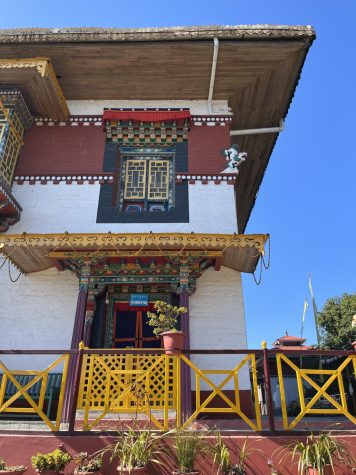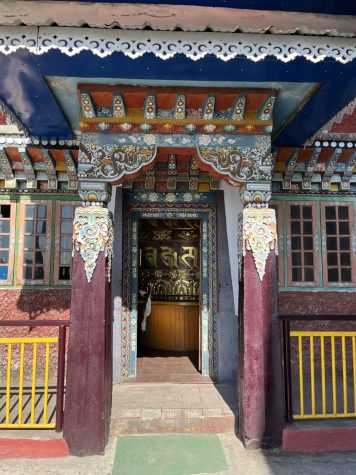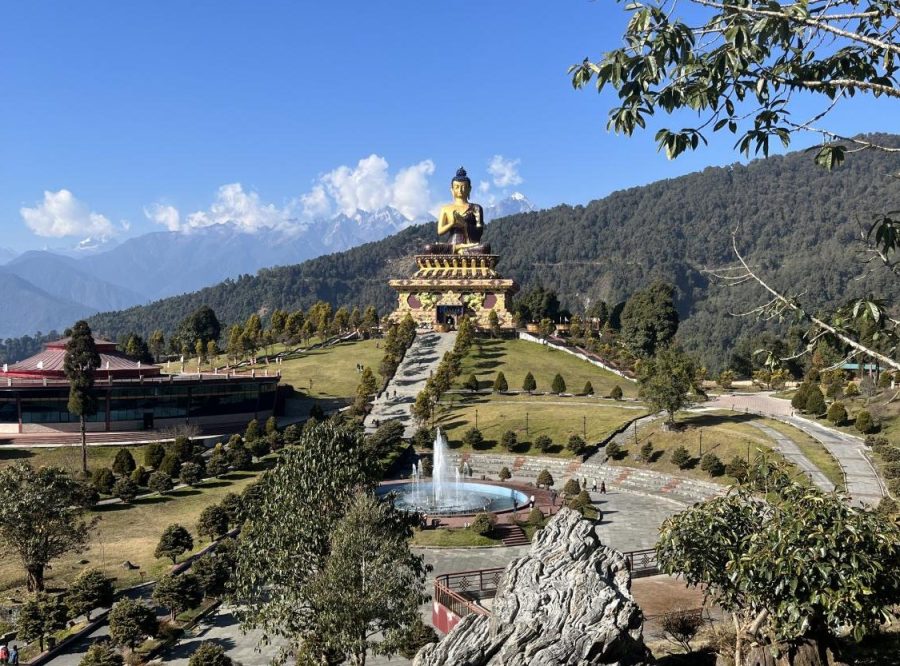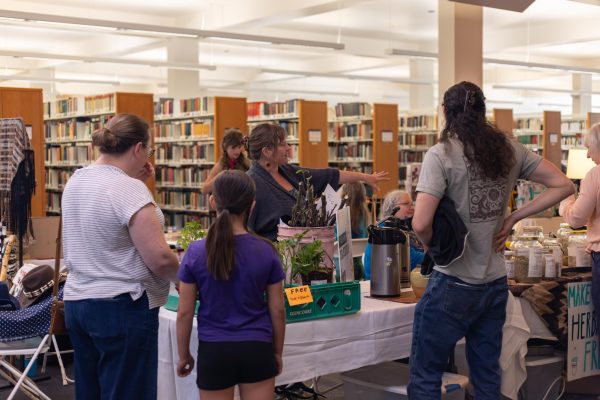Happiness: emotion or mindset?
Only three days after the famous Saint Patrick’s Day, a lesser known holiday appears on the calendar. Mar. 20 is reserved for the International Day of Happiness, formed in June of 2012 by the United Nations.
In early 2006, with the help of Jayme Illien and Luis Gallardo, the United Nations founded “Happytalism.” Happytalism is an economic and philosophical approach that promotes happiness in all aspects of life. This system focuses not just on income, but location, life satisfaction, and a number of other factors that measure human well-being. Noticing the success that the system had, Illien was quick to propose International Day of Happiness, a day to remind people the importance of happiness in their daily lives.
The underlying belief of Happytalism, is that true happiness comes from living a simple life, one that’s rooted in community. While many western cultures have not yet adopted this lifestyle, most eastern ones have. Community, peace and well-being are major components of not only the culture, but the religion as well in Asian and Eastern countries.

Happytalism has changed community livelihoods and helped promote the foundation for a world-wide day honoring happiness.
While the idea of living a simple, rudimentary life may seem far-fetched to most Americans and Western cultures, Eastern cultures and religions have been focused on this idea for decades. In many of the popularly practiced religions in Asia, peace and contentment is the primary focus, as opposed to the obsession of material possessions.
Although it was established much later than most other eastern countries, Bhutan was one of the leading countries to implement the idea of peace and happiness into their own government.
While many other countries use Gross Domestic Product (GDP) as their way of measuring economic progress, Bhutan decided to focus on the overall well-being of their people. As the first official country to implement this system, Bhutan created a measure of well-being called Gross National Happiness (GNH). GNH promotes the government to provide better living conditions all around, which in turn allows the citizens to individually pursue happiness themselves.
Bhutan has paved the way in implementing this measurement into their government, and many other Asian countries have started to follow in their footsteps.
Not long ago, Linfield University led a group of students on a month-long January term trip to India which explored many Asian religions and lifestyles. The class was able to learn about the politics and philosophy of happiness all across India, while comparing all aspects of their own lifestyle in the United States.
Professors Dawn Nowacki and Kaarina Beam, members of Linfield’s political science and philosophy departments, led the trip.
While many of the students came into the trip with little to no knowledge of the lifestyle led in India, Nowacki had already familiarized herself with it.
“India has always been on a list of things I’d like to do,” Nowacki said. “I’ve been practicing meditation for almost 14 years now.”

Throughout the term, the class learned about the politics of India, but also what brings happiness to each person they talked to. The students and professors spoke with political leaders, monks, doctors, hosts, and every kind of person they could find. However, the answer they received was more or less the same from each person.
“The biggest takeaway I had from this trip was how materialistic we truly are,” Nowacki said.
Each person Nowacki talked to claimed they did not rely on material possessions, such as a new phone, car, or clothes for their happiness like we do. Instead, they focus on being content with what they have each day, and appreciate where they are in life.
When informed about the International Day of Happiness, Nowacki asked the question that is probably on most of our minds: What about the other 364 days of the year? Why can’t we be happy then?
Although the International Day of Happiness is once a year, there is never a bad time to be grateful for where you are in life.







Jim Schuller • Apr 9, 2023 at 7:04 am
Great article and perspective. What a wonderful and worthwhile trip. Keep it up Linfield and all!
MK Mueller • Apr 7, 2023 at 2:14 pm
Beautiful job Tori! The Christian tradition focuses on gratitude as well. “In everything give thanks. “ is timeless wisdom from all perspectives. Thank you for reminding us of these universal truths!
Susan L Rosin • Apr 6, 2023 at 7:34 pm
Fabulous article Tori. Susan Kerns Rosin